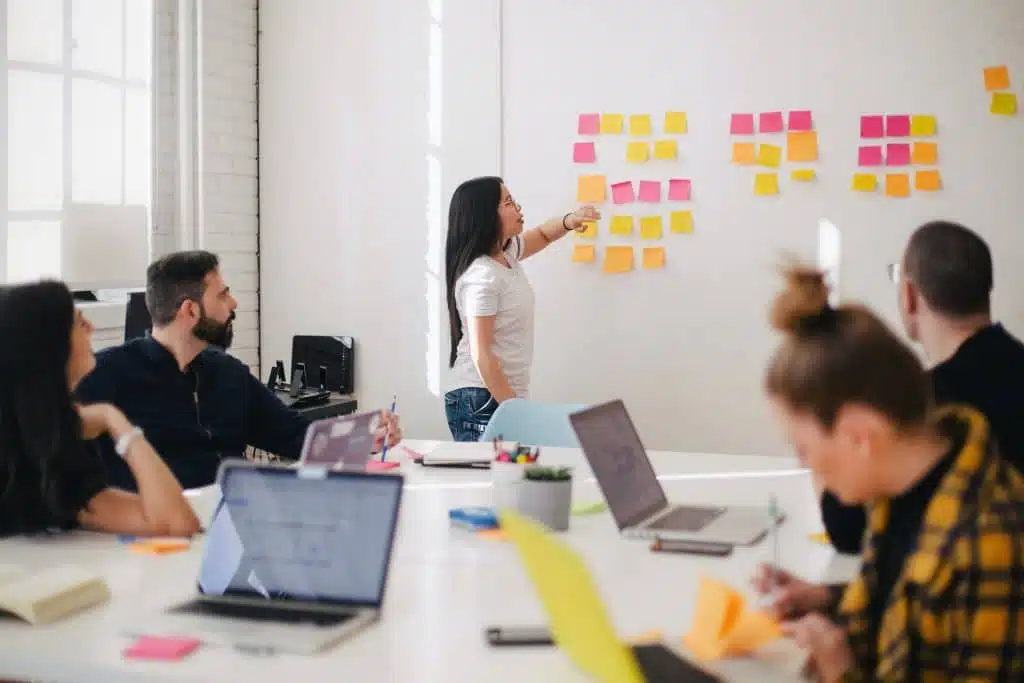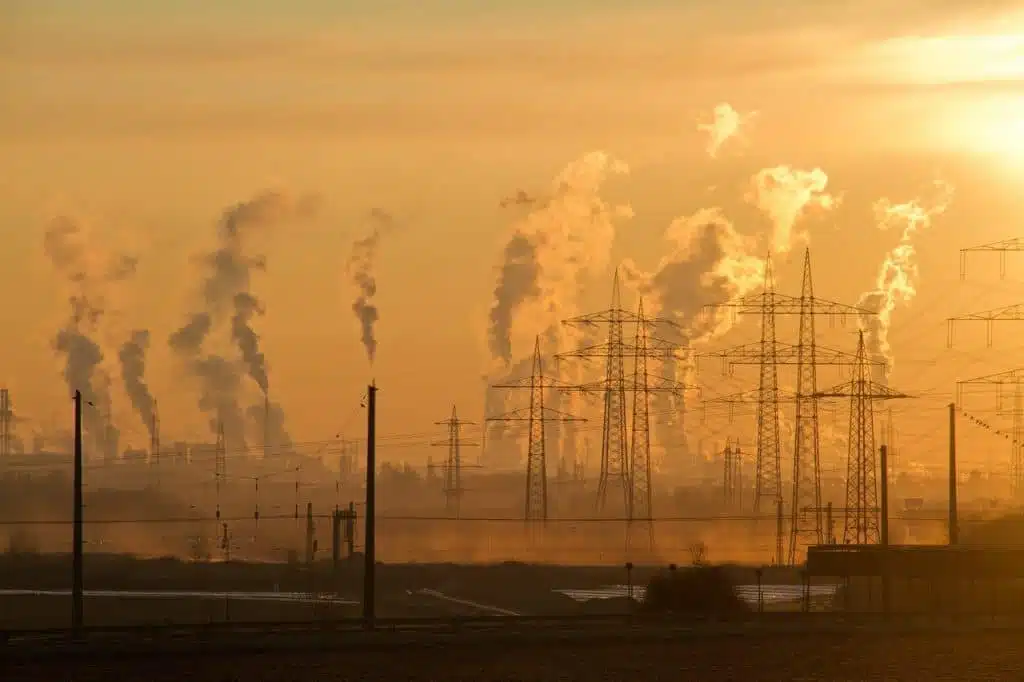A poll in 2019 showed that 43 per cent of those aged 18 to 24 viewed climate change as the biggest problem facing Australia. This number is on the rise across the globe. Why wouldn’t it be? Europeans just experienced their most recent Summer having the wildest floods in living memory. Closer to home here in Australia, people of all ages are dreading the idea of having yet another Summer of bush fires ravaging the country causing untold loss and damage to property, animals and human life.
According to The Deloitte Global 2021 Millennial and Gen Z survey, Millennials and Gen Zs remain deeply concerned about climate change and the environment. More than a quarter of Millennials and Gen Zs said that the impact of certain businesses on the environment influenced their buying decisions.
If you haven’t already noticed, the majority of workers in your city are under 45 years of age. That means an increasing number of your workforce is engaged with your sustainability practices and engagement towards climate reduction.
Their engagement with your organisation and its connection with sustainability will be vital for your future talent pipeline.

Think this claim is exaggerated?
Consider Atlassian co-founder Mike Cannon-Brookes and wife Annie. They have pledged to donate and invest $1.5 billion on climate projects by 2030 to reinforce the COP26 goal of spurring global action to limit global warming to 1.5 degrees above pre-industrial levels.
They will spend $1 billion on investments in green technology businesses and another $500 million on donations towards philanthropic organisations, think tanks, institutes and civil society organisations working on the climate crisis.
It’s no coincidence that Atlassian is seen as being sone of the best places on the planet in which to work.
To deepen its emissions cuts, Atlassian has already met a target to shift to 100 per cent renewable energy by 2025. It plans to make its data-centres more efficient, reduce business travel and develop more efficient buildings for its staff around the world.
Mike Cannon-Brookes was quoted as saying “COP26 is obviously an incredibly important moment in the history of humanity, and it’s all about countries, governments, businesses and individuals coming together trying to solve this huge problem,”.
In the lead up to Glasgow COP26 here are three of the 9 megatrends Sloan MIT futurists are predicting:
Climate Crisis: The climate will continue to change quickly and feature regular, extreme weather everywhere. Yes, there’s still uncertainty about how everything will play out exactly, but not about whether the climate is changing dramatically and dangerously. Significant inertia in both atmospheric and economic/human systems allows for a more confident prediction of what will happen in just 11 years. The Intergovernmental Panel on Climate Change (IPCC) has made clear how critical it is to radically alter the path of carbon emissions to hold the world to 1.5 degrees Celsius of warming. But that’s not likely to happen with current levels of commitment in global governments: The important Paris climate accord of 2015, in theory, agrees to hold warming to 2 degrees Celsius. But in practice, what countries have committed to so far will only hold us to no more than 3 degrees of warming. By 2030, we are very likely to already be at or approaching the 1.5 mark.
The results of climate change will be unrelenting. Many highly populated coastal areas will be in consistent trouble, as sea levels rise. The natural world will be much less rich, with drastic to catastrophic declines in populations of many species and major to total losses of ecosystems like coral. Droughts and floods will stress global breadbasket regions and shift where we grow major crops. The Arctic will be ice-free in the summer (this will allow ships to move freely in this region, which is technically good for shorter supply chains but a Pyrrhic victory at best). Between seas, heat, and shifts in water availability, mass migrations will likely have begun. By 2030, we will have much better clarity on how bad the coming decades after that point will be. We will know whether the melting of the major ice sheets will be literally inundating most coastal cities, and if we’re truly approaching an “Uninhabitable Earth” in our lifetimes.
Resource Pressures: We will be forced to more aggressively confront resource constraints. To keep volumes of major commodities (such as metals) in line with economic growth, we will need to more quickly embrace circular models: sourcing much less from virgin materials, using recycled content and remanufactured products, and generally rethinking the material economy. Water will be a stressed resource, and it seems likely that many cities will be constantly in a state of water shortage. We will need more investment in water tech and desalination to help.
Clean Tech: The transformation of our grid, our roadways, and our buildings to zero-carbon technology will be surprisingly far along. Here’s some good news: Due to continuing drops in the cost of clean technologies, renewable energy is dramatically on the rise, making up more than half the global new power capacity every year since 2015. By 2030, effectively no new additions of generating capacity will come from fossil-fuel-based technologies. Electric vehicles will be a large part of the transportation equation: While estimates about the share of EVs on the road by 2030 range from the teens to nearly 100% (assuming early retirement of internal combustion engines), nearly all sales of new vehicles will be EVs. This will be driven by dramatic reductions in the cost of batteries and strict legislation banning fossil-fuel engines. We will also see an explosion of data-driven technologies that make buildings, the grid, roadways, and water systems substantially more efficient.
Your way forward
It’s clear sustainability and climate change are increasingly high value topics amongst the younger workforce.
The question is what are you doing to demonstrate your commitment to sustainability and be aligned to the values of your future workforce?
Speak to us to find other ways of enhancing your employee engagement, care for employees entering or exiting your organisation or connect with me via [email protected] or visit www.career365.com.au.
Download The Deloitte Global 2021 Millenial and Gen Z survey.


